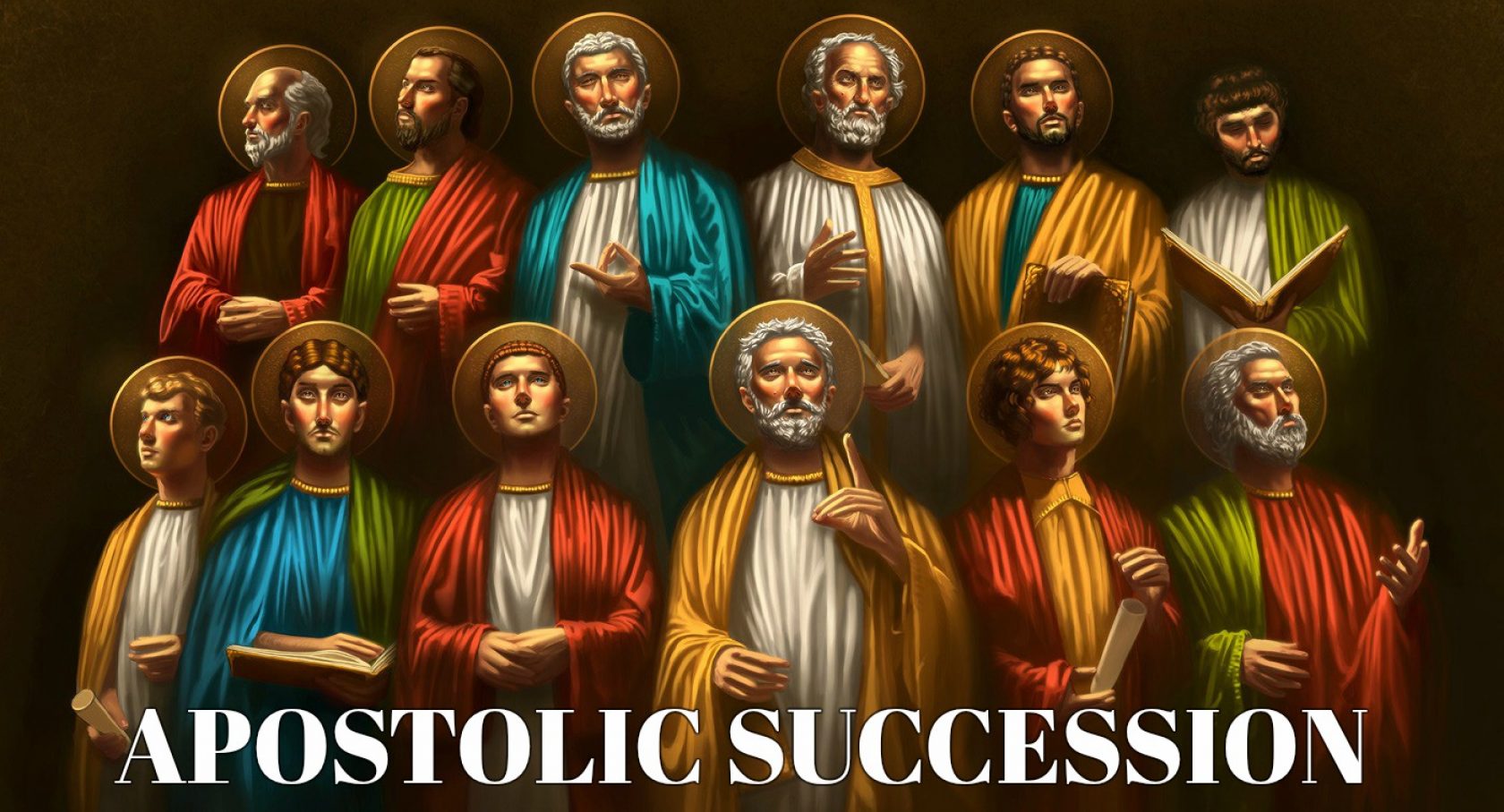
EPISCOPAL APSOTOLIC SUCCESION
Those who hold to the importance of episcopal apostolic succession appeal to the
New Testament, which, they say, implies a personal apostolic succession (from Paul to Timothy and Titus, for example) and which states that Jesus gave the Apostles a “blank check” to lead the Church as they saw fit under the guidance of the
Holy Spirit.
- They appeal as well to other documents of the very early Church, especially the Epistle of St. Clement to the Church at Corinth, written around 96 AD In it, Clement defends the authority and prerogatives of a group of “elders” or “bishops” in the Corinthian Church which had, apparently, been deposed and replaced by the congregation on its own initiative. In this context,
- Clement explicitly states that the apostles both appointed bishops as successors and had directed that these bishops should in turn appoint their own successors; given this, such leaders of the Church were not to be removed without cause and not in this way.
- Further, proponents of the necessity of the personal apostolic succession of bishops within the Church point to the universal practice of the undivided early Church (up to 431 AD), from which, as organizations, the Latin Catholic and Eastern Orthodox (at that point in time one Church until 1054, see Great Schism), as well Oriental Orthodox and the Assyrian Churches have all directly descended.
At the same time, no defender of the personal apostolic succession of bishops would deny the importance of doctrinal continuity in the Church.
These churches hold that Christ entrusted the leadership of the community of believers, and the obligation to transmit and preserve the “deposit of faith” (the experience of Christ and his teachings contained in the doctrinal “tradition” handed down from the time of the apostles, the written portion of which is Scripture) to the
apostles, and the apostles passed on this role by ordaining bishops after them.
Related




